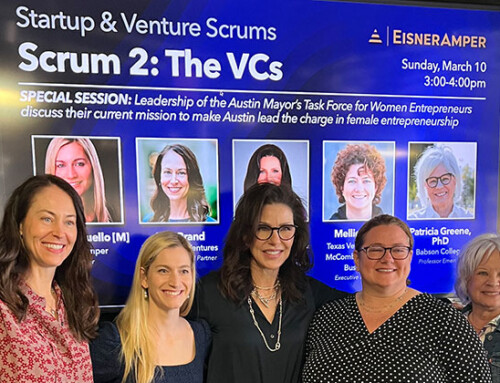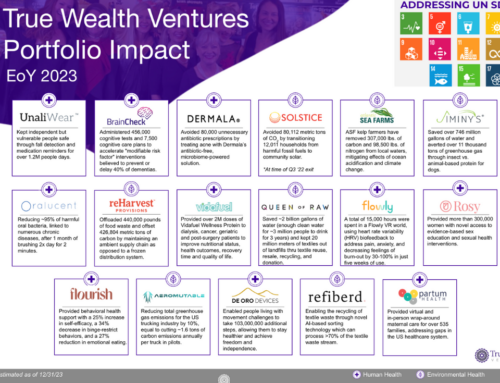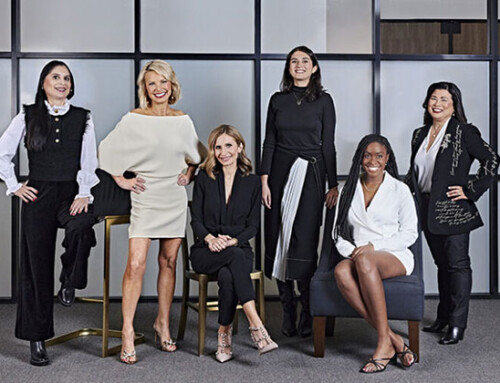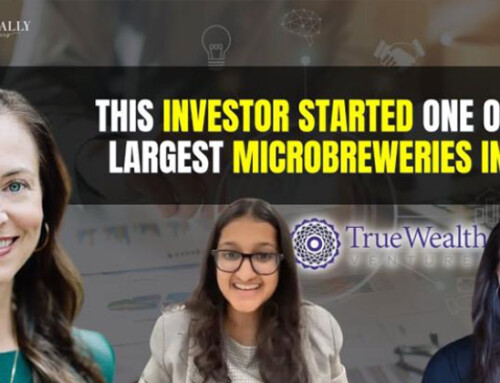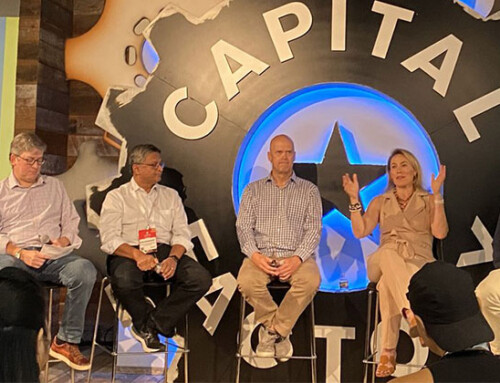Women Funding Women: An Interview with True Wealth Ventures
This article originally appeared in foundingAUSTIN.
Kerry Rupp: Sara and I are both in the steering committee of a group called Women At Austin which is a non-profit group here in town focused on trying to make Austin the number-one place to be a woman entrepreneur. We have a whole series of different events and activities, some of them targeted towards the want-to-be entrepreneur, some towards the young entrepreneur, and some toward more senior, experienced women.
fA: What specific advice or information would you give to someone who wanted to build a start-up?
To find out more about the companies True Wealth Ventures is interested in funding, visit TrueWealthVC.com/about.



